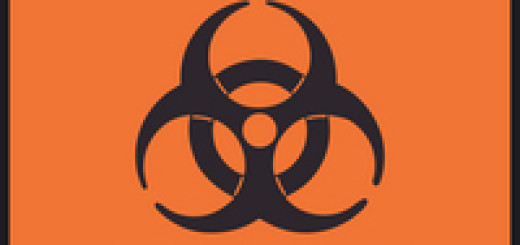A Guide to Psychological First Aid
Psychological first aid is about being “on the spot” in order to extend basic, human support, deliver practical information, and show empathy, concern, respect and confidence in the abilities of the affected person.
Affected persons who may need psychological first aid include survivors, relatives, witnesses, carers and relief workers. Situations that may create a need for psychological first aid include all types of critical events, such as disasters, illness, accidents and conflicts.
The Four Elements of Psychological First Aid
Stay close
A person in crisis temporarily loses their basic sense of security and trust in the world. First aiders can help rebuild trust and security by staying close and not becoming alarmed by the other person’s anxiety or extreme show of emotions.
Listen attentively
It is important to take time to listen carefully in order to help someone going through a difficult time, listening without hurrying him or her and showing active listening by asking questions to clarify what the affected person is talking about. At the scene of an incident there may not be much time, but it is still important to listen and be there for the person until the ambulance personnel take over. For many people, interference can seem intrusive. It is, therefore, important to maintain a balance and listen carefully without intruding.
Accept feelings
Keep an open mind about what is being said and accept the affected person’s interpretation of the events. Acknowledge and respect feelings. Do not correct factual information or the affected person’s perception of the sequence of events. Be prepared to encounter violent outbursts of feelings. The person might even shout or reject help. It is important to be able to see beyond the immediate facade and maintain contact in case the person needs to talk about what has happened. At the scene of an accident this could mean moving away slightly, while keeping an eye out for any signs that the person might need help.
Give general care and practical help.
When someone is in a crisis situation, it is a great help if another person lends a hand with the practical things. Contact someone who can be with the affected person, arrange for children to be looked after, or drive the person home or to the medical facility. This practical help is a way to show care and compassion. Follow the wishes of the affected person. Avoid taking over more responsibility for the situation than the person actually needs.
How to Give Psychological First Aid
In a situation where an individual needs support immediately after a critical event has occurred, the following steps could be pursued:
- Establish contact with the person by introducing yourself and offering assistance.
- If at all possible, remove the person from the stressful situation.
- Protect them from bystanders and the media
- Give the person adequate food and fluids but avoid alcohol
- Make sure that someone stays with the person at all times.
- Ask the person what happened, how they are doing and allow them to talk about their experiences, concerns and feelings.
- Do not force anyone to talk.
- Reassure the person that any reactions are normal.
- Help the person in decision-making if necessary.
- Ask the affected person if they have a place to go. If not, help to find shelter.
- Ask the affected person if they have someone to stay with them or someone to talk to after getting home. If not, help in establishing contact with family members or others.
- Give factual information about where and how to locate specific resources.





